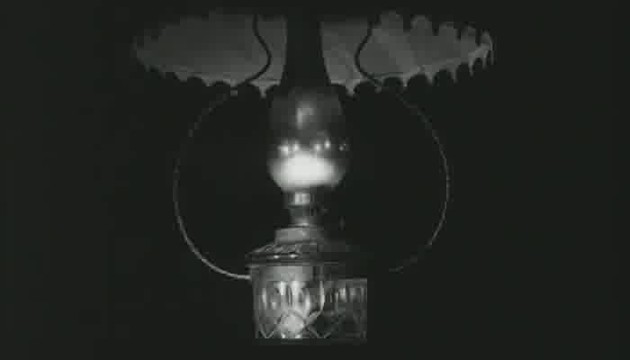Juonikuvaukset(1)
“In Turin on 3rd January, 1889, Friedrich Nietzsche steps out of the doorway of number six, Via Carlo Albert. Not far from him, the driver of a hansom cab is having trouble with a stubborn horse. Despite all his urging, the horse refuses to move, whereupon the driver loses his patience and takes his whip to it. Nietzsche comes up to the throng and puts an end to the brutal scene, throwing his arms around the horse’s neck, sobbing. His landlord takes him home, he lies motionless and silent for two days on a divan until he mutters the obligatory last words, and lives for another ten years, silent and demented, cared for by his mother and sisters. We do not know what happened to the horse.” These are Béla Tarr’s introductory words at the beginning of his film, which picks up the narrative immediately after these events, and is a meticulous description of the life of the driver of the hansom cab, his daughter and the horse. (Vega Distribution)
(lisää)Arvostelut (2)
Béla Tarr, like Nietzsche once did, touched his horse and was speechless. The Turin Horse is not a film ABOUT the Turin horse, it IS the Turin horse. A narratively parched image of a world in which nothing remains but despair, automatism, and emptiness. An intellectually monolithic image of a fading world from which meaning and hope depart as the last sigh. All that remains is the darkness, the gale, and the dictation of nothingness that mankind has brought onto itself. Along with Tarr's personal myth, The Turin Horse is one of the great achievements of contemporary art, Gesamtkunstwerk in an almost forgotten traditional sense, the narrative termination of the contract with the viewer and the world, the undiluted stumbling towards the final darkness. A film that resonates, and I daresay it will one day be one of the great reflections of the end of civilization.
()
Béla Tarr is simply not a filmmaker that I could like. His filming style is overly poetic, it's too much of a metaphor that ultimately doesn't say anything to me. It's hard to watch because you feel like it's about nothing. However, in his films, you can find scenes that may make you think. But I probably won't watch any more of his films.
()

